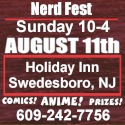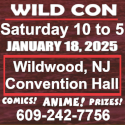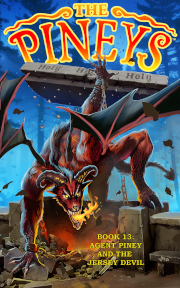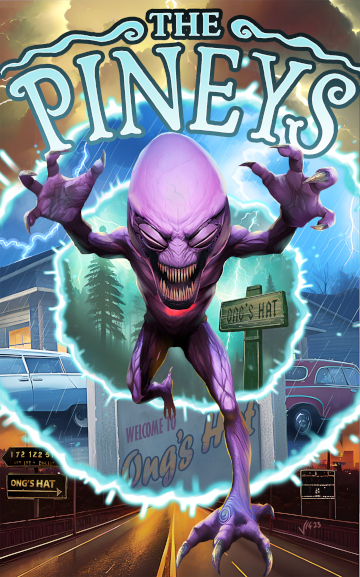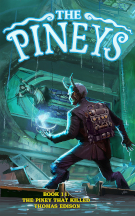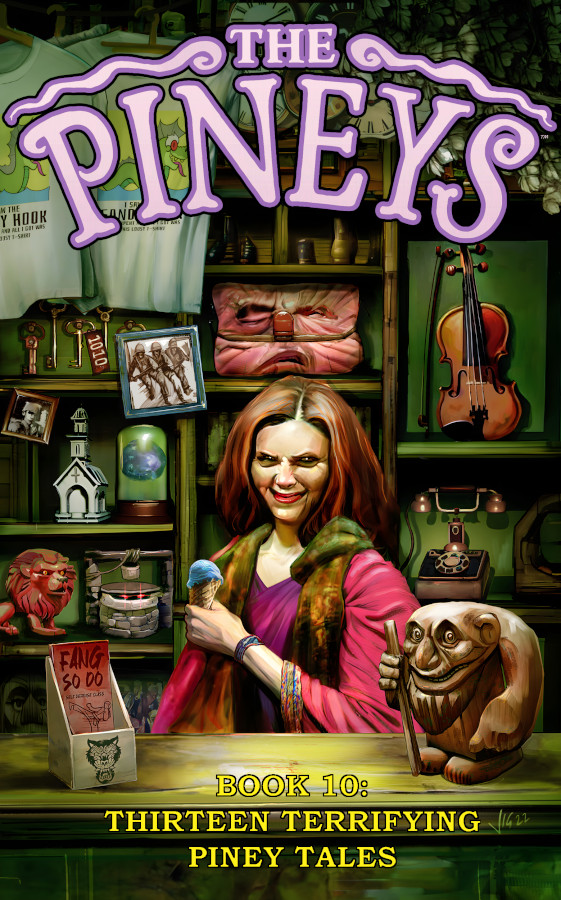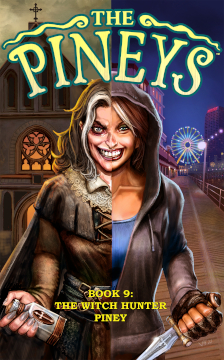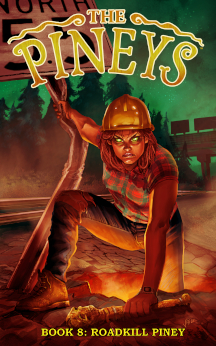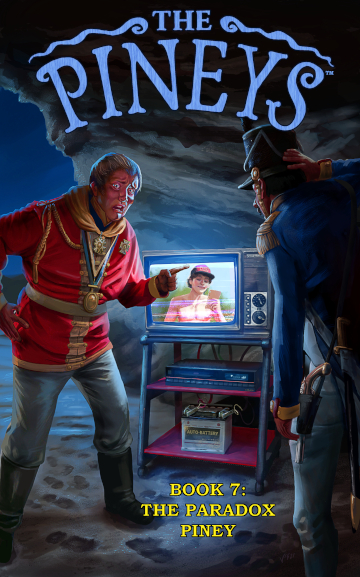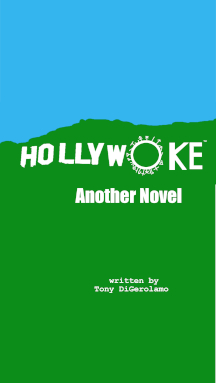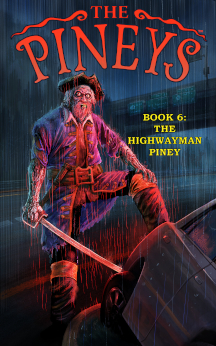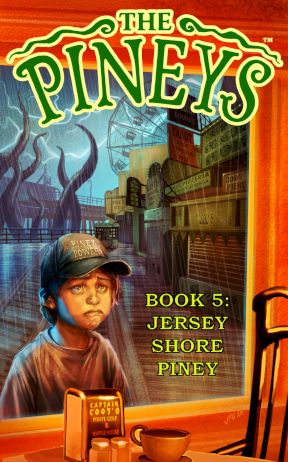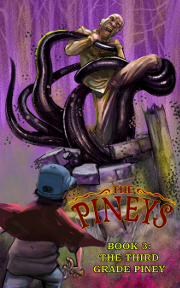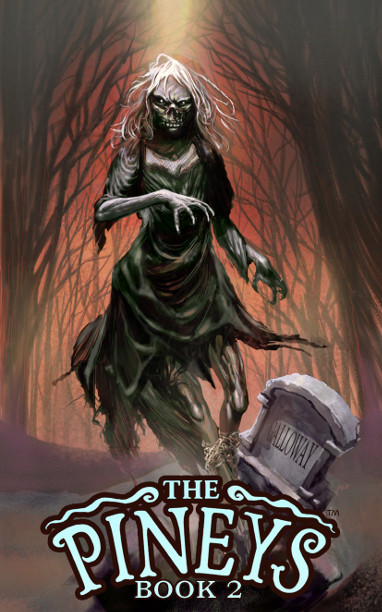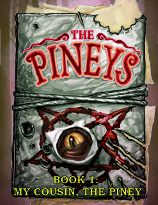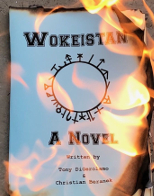Life Skills for Fanboys: Convention Panels
on December 16, 2013 at 12:01 amLife Skills for Fanboys: The Art of Conversation
written by Tony DiGerolamo, Copyright 2013
I’m back with another skill, this one a bit more specific. Take this criticism in the constructive way it is given. Like you, I am also a fanboy.
The Problem With Panels
Convention panels are designed for promotion and to create a learning experience for the fans. But the problem is often attendance. Either there are too few people in the panel or too many. This is sometimes due to sci-fi/fantasy cons that tend to over book panels. The subject matter and the time of day also great impact the attendance, but there are a few things that fanboys do to make a bad situation worse.
Fanboy Panels
I am very much against fan-led panels. Conventions afford plenty of opportunities to talk to other fans. (That is partially the point of conventions.) So to section off a time and a place to create a fan echo-chamber for Dr. Who or A Game of Thrones or whatever feels pretty incestuous. These panels belong outside the conventions in your local club. This is especially true if there are too many panels to begin with. Trim these down to allow more flexibility for the panels fans want to see.
The planning of these panels often falls into the fans hands because fans often end up being the volunteers that organize and run conventions. Think of others, not just of the two genre TV shows you’re obsessed with. Put your pointless opinions about Star Trek on the Internet in a message board that no one reads where it belongs.
Celebrity Panels
Celebrity panels are strange, especially if the focus of the panel isn’t the celebrity. At Dragon Con, I was on a panel with Richard Hatch, star of the original Battlestar Galactica. Naturally, all the questions were to him, but there were three other panelists and it was supposed to be about film making, I think. (Something like that.) Anyhow, although Hatch had insight into film making, unless the panel is balanced out with people of equal fame, all you’re going to get is questions about Cylons.
The gap was similar when me and another webcomic creator were stuck on a panel with…a webcomic FAN. Other fans wanted to hear another fan speak about as much as the Galactica fans wanted to hear me speak at Dragon Con. Again, fans don’t belong on panels. It’s supposed to be experts doling out their advice, not amateurs doling out their opinions.
Panel Etiquette
Which brings me to my main point, panel etiquette. When panelist have roughly 50 minutes to speak on their topic, it’s rude to spend five minutes asking a question and it’s even ruder to NOT ask a question and instead drone on and on about your amateur project. It’s good that you’re excited and passionate about it, that will take you far. But don’t bulldoze us with your passion. If you’re in the panel, it’s assumed YOU showed up for advice, not to give it. Here are the basics:
Be polite.
Keep questions short.
Keep comments shorter.
Stay on topic.
Speak clearly and loudly enough so everyone can hear.
Let the panel end.
This last one is the most important. Unless you know for sure there are no other panels after in the same room, there will be another group coming in. Let the panel end because you’re only going to have about five minutes to get an autograph and/or thank the panelist. If you really need more info or merchandise, most panelists will happily talk to you in the hall and invite you to their table.
Promotion: The Ultimate Goal
The purpose of the panel for fanboys is to learn, but our ultimate goal as panelists is promotion. Doing a panel is the cost for getting a free table and a way to drive traffic to our table so you can buy our stuff. It’s not that we don’t like talking to fans, but understand that it is work for us. Sometimes we’re hungry, sometimes we have meetings and sometimes we’re just too tired and have to go.
Quality is Key
I would rather do one really good panel than four shitty ones. I think there are a limited amount of panels you can do. In a three day con, no one wants to do too many panels on a Sunday. That’s buy day and the day people skip out early. Saturday is a big money day, so it’s often hard to do panels in the middle of the day, unless you’re a huge name and aren’t selling stuff anyway. The evenings on Friday and Saturday in the afternoon and after the dealer’s room closes (after dinner) are often the best times. People aren’t in a rush to get out or half asleep. Also, scheduling stuff that overlaps is a bad idea as well. You don’t want all the vampire panels to run in the same hour or all the anime panels.
Just think quality over quantity and is should be a good time in the panel room.
